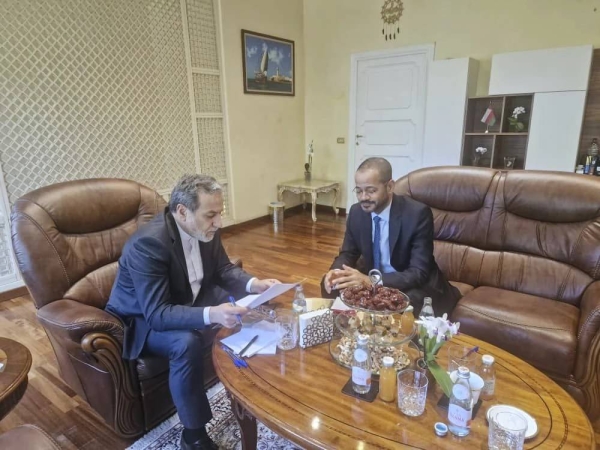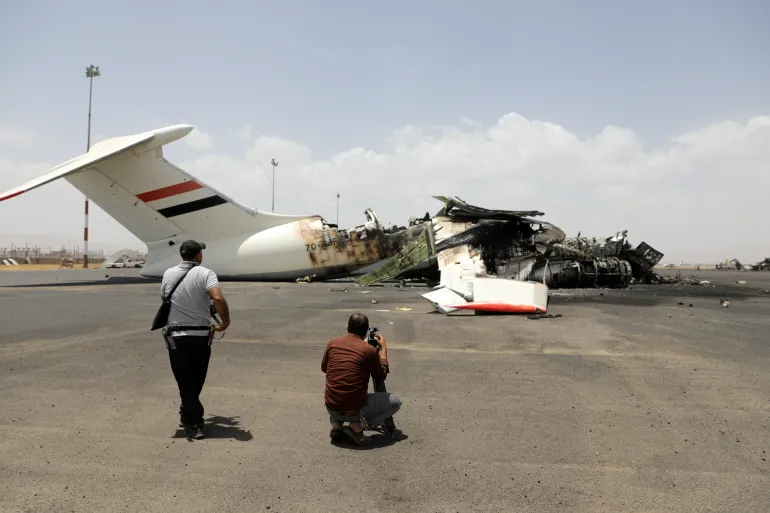The United States and Iran have reported limited but meaningful progress following the fifth round of indirect nuclear negotiations held in Rome, with both sides acknowledging persistent disagreements—particularly over uranium enrichment levels—that continue to block a full diplomatic breakthrough.
The Rome meetings, facilitated by European Union diplomats, marked the most sustained attempt this year to revive stalled efforts to reach a new nuclear agreement or reinstate aspects of the 2015 Joint Comprehensive Plan of Action (JCPOA). Officials from both countries said the atmosphere was “constructive,” yet also underscored that core differences remain unresolved.
Chief among those is Iran’s ongoing enrichment of uranium to near weapons-grade levels. The U.S. and its European allies have demanded immediate and verifiable limits on enrichment activities, while Tehran insists on its right to enrich under international law and seeks the removal of all sanctions before it agrees to any concessions.
Iranian Foreign Ministry spokesperson Nasser Kanaani stated, “Iran has engaged in good faith and shown flexibility, but it will not compromise its sovereignty or rights under the Non-Proliferation Treaty.” He also reiterated Iran’s demand for a written guarantee that no future U.S. administration would unilaterally abandon the agreement, as occurred under former President Donald Trump in 2018.
U.S. officials confirmed some progress had been made on secondary issues, including expanded international inspections and unfreezing limited Iranian assets for humanitarian use. However, a senior Biden administration official emphasized that Washington remains firm on the core requirement: “There can be no return to any form of deal unless Iran scales back its nuclear activity to verifiable levels.”
Despite the diplomatic impasse, both sides have committed to continue the dialogue, with a sixth round of talks tentatively scheduled for mid-June, also in Rome. Observers say this continued engagement, even without a breakthrough, reflects mutual interest in preventing further escalation and leaving space for diplomacy.
The backdrop to the talks remains tense. Iran’s stockpile of enriched uranium continues to grow, and the International Atomic Energy Agency (IAEA) recently reported that Tehran now possesses enough material to build several nuclear weapons if it chooses to do so—though no evidence suggests that Iran has decided to pursue weaponization.
Meanwhile, Israel has stepped up its rhetoric, warning that it may act unilaterally if the talks fail. Israeli Prime Minister Benjamin Netanyahu stated earlier this week, “We will not wait for the world to stop Iran. We will defend ourselves, by ourselves, if necessary.”
European mediators, including officials from France and Germany, are urging both sides to capitalize on the progress made so far. “We are closer than before, but the final steps remain the hardest,” one EU diplomat said.
As Washington prepares for a contentious election season and Iran faces domestic economic pressure and regional instability, analysts warn that the political window for a comprehensive deal may be closing.
Still, for now, Rome remains the fragile bridge keeping open the possibility of a diplomatic path forward—even as the world watches nervously for signs of collapse or confrontation.
Source: Saudi Gazette



